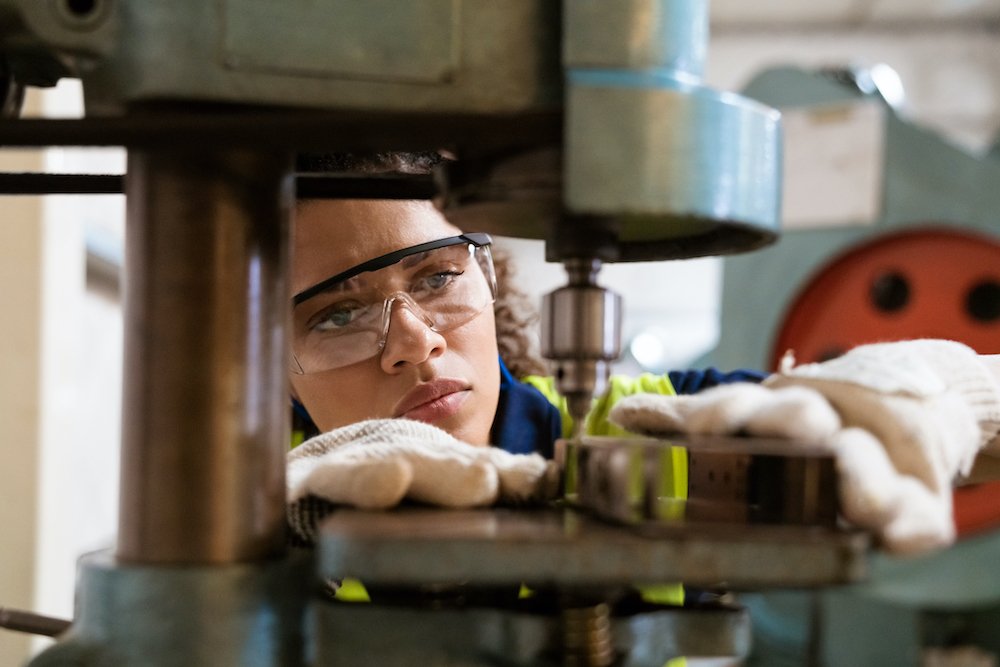Ideas to action: independent research for global prosperity
Linking Training and Migration for the Green Transition

More than 80 countries have committed to substantially reducing their greenhouse gas emissions in the next few decades, requiring what is known as a green transition. Yet the lack of skilled manpower to do so is rarely discussed. Our initiative combines research and policy outreach to understand whether a creative combination of training and migration could be used to support the green transition, facilitating development and reducing carbon emissions.
Featured Work
The Billion Dollar Benefits of Expanded Green-Skilled Migration
Samuel Huckstep et al.
Fulfilling the EU’s New Green-Skilled Mobility Goals
Samuel Huckstep et al.
Solving The Global Green Skills Crisis Requires a New Mobility Paradigm
Samuel Huckstep et al.
How Can Labour Migration Help the UK’s Green Transition?
Samuel Huckstep et al.
The Green Transition Needs More Skilled Workers
Samuel Huckstep et al.





Featured Work
Blogs
Contact
For more information, contact shuckstep@cgdev.org

Contact
For more information, contact shuckstep@cgdev.org
Experts

Charles Kenny
Charles Kenny is a senior fellow at the Center for Global Development. His current work focuses on global economic prospects, gender and development, and development finance. He is...

Helen Dempster
Helen Dempster is a policy fellow and assistant director for the Migration, Displacement, and Humanitarian Policy Program at the Center for Global Development. Prior to joining CGD...
Samuel Huckstep
Sam Huckstep is a research assistant working with Helen Dempster within the Migration, Displacement and Humanitarian Policy programme, with a particular focus on the relationship b...
Experts
Acknowledgments
CGD would like to acknowledge the generous support and engagement of Robert Bosch Stiftung.

